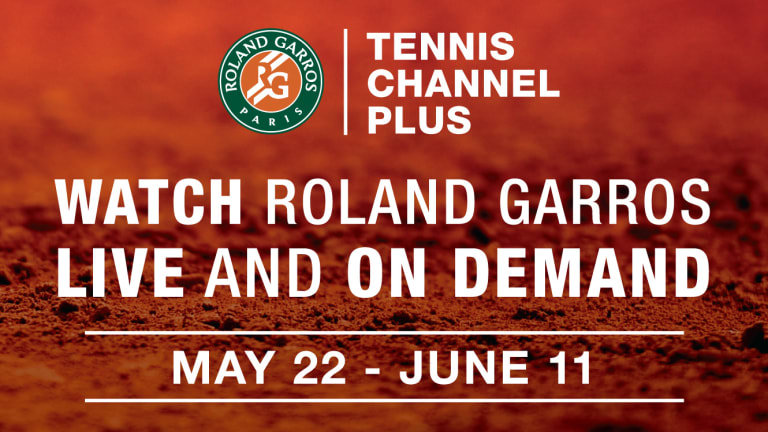"I have to say that I was really proud to have won that match–not because it’s Maria, but because of the way I handled myself through that entire pressure, from the media side," Mladenovic said in her column. "Because you know that everybody is looking at that match."
Mladenovic saved her strongest feelings for Sharapova's lengthy use of meldonium, a drug that appeared on the prohibited list starting in 2016.
"Her story is that she’s been taking this substance (meldonium) for 10 years... If this substance became forbidden, it means that even in the last 10 years it should have been, it was just that they didn’t discover it and it was not on the list because they didn’t know about it," Mladenovic said.
"But the medicine, eventually they found out, so I’m saying if now it’s not allowed, it means that even before it shouldn’t have been allowed."
That's entering a messy gray area given the fact that drugs come and go from the banned list often. For example, caffeine used to be on the World Anti-Doping Agency's banned and restricted list. New drugs were added to the prohibited list this year, including medications for attention deficit disorders and eating disorders.
All of that aside, Sharapova is back on tour whether players like it or not, with a ranking already inside the Top 200. She's also not the first famous face to return from a doping offense.
Andre Agassi hit a low point in 1997 when he failed a drug test for crystal methamphetamine. The results were dropped after the American claimed that a friend had spiked his drink—but that would turn out to be a lie. He won five more Grand Slams before retiring in 2006.
In 2007, Martina Hingis tested positive for benzoylecgonine (a metabolite of cocaine). Hingis argued that the cause of the positive test was contamination and not deliberate ingestion. She was suspended for two years, leading to her second retirement. She returned in 2013 in doubles, adding seven Grand Slams to her collection.
Marin Cilic was suspended for nine months in 2013 after testing positive for the stimulant nikethamide. He said he ingested the substance accidentally through glucose tablets. The sentence was reduced to four months, and he would win the US Open the following year.
While those examples are not the same as Sharapova's meldonium case, the point is that all three of those players have left their doping suspensions far behind them. It's still too soon to tell if that will ever be the case for Sharapova's reputation.
Her case is so fresh there's still the subject of wild cards helping her enter draws. Expectantly, Mladenovic is against it, being more lax towards smaller events needing a star, but thinking the rule for unlimited wild cards is unfair—especially for majors.
"I think the French Open is going to shine with or without her, I have the feeling," she said.
Her theory will be tested. On Monday, the French federation announced that Sharapova won't receive a wildcard into the French Open. The news was huge for everyone looking to add their two cents to the still-trending topic.
